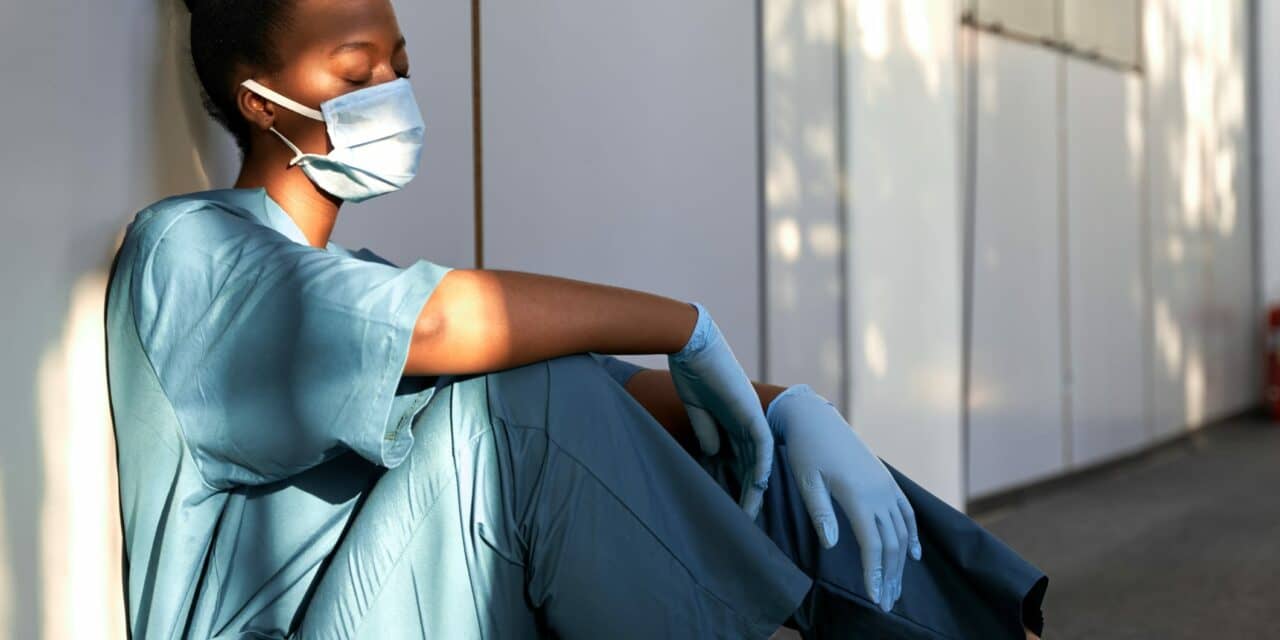Research, published in the journal Sleep Medicine, investigated how the COVID-19 pandemic affected the sleep of workers in essential occupations, including those who worked in health care, government, and education.
“Employees in essential occupations struggled with sleep more often compared to the population before the pandemic,” says Torhild Anita Sørengaard, a PhD candidate and senior lecturer at the Norwegian University of Science and Technology (NTNU)’s Department of Psychology, in a statement.
These findings are in line with studies from other countries, which have shown that sleep problems have been widespread during the pandemic.
Sørengaard and professor Ingvild Saksvik-Lehouillier led the research project at NTNU. They studied the relationships between sleep, workload and coping ability of employees in essential occupations, such as health care, social services, the government and education. The study followed these employees from the spring of 2020 to the present.
Stress at work and health concerns are associated with symptoms of insomnia for workers in essential occupations. This finding was not surprising as stress and anxiety can adversely affect sleep, leading to problems falling asleep and waking up during the night, the researchers say.
“Stress and worry are risk factors for sleep disorders in general, not only during a pandemic, but the extent of the stress and worries may be greater now due to the challenging situation that so many have been in for a long time,” says Sørengaard.
Increased work pressure, stress and burnout were not the only causes of sleep issues. “Worrying about the health consequences of the pandemic can also contribute to sleep problems,” says Sørengaard. “It’s an extra burden to be afraid that you or those around you, like family and colleagues, might get sick as a result of the pandemic. Eventually, these worries can lead to sleep problems.”
They also found that symptoms of burnout, such as fatigue and negative emotions associated with work, can contribute to poorer sleep. Overall, the results show that both burnout and insomnia need to be prevented early.
“Acting early and implementing measures that promote health and well-being can have a preventive effect on future illness and sick leave among these employees,” Sørengaard says.
All of this should encourage action for workplaces and organizations that are particularly vulnerable in demanding situations, where the work pressure can quickly intensify, the researchers say. “It’s important to recognize that several occupational groups are experiencing high workloads, and that taking care of employees is necessary both for their own health and the socially important tasks they perform,” says Sørengaard.
Photo: ID 188820786 © Dark1elf | Dreamstime.com.




